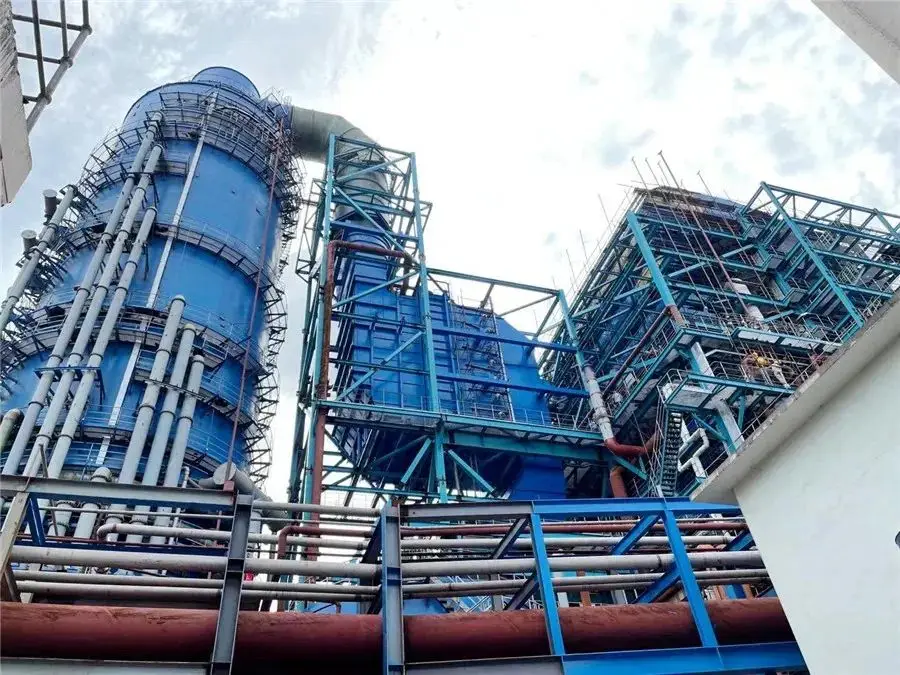
Nov . 30, 2024 04:08 Back to list
Optimal Boiler Temperature Settings for Efficient Hot Water Production
Understanding Boiler Temperature for Hot Water Systems
When it comes to home heating, one of the essential components is the boiler. A boiler is a closed vessel that heats water to provide heating and hot water throughout a household. One critical aspect of boiler operation is maintaining the ideal temperature for producing hot water. This temperature directly influences efficiency, safety, and comfort in a home setting.
The Importance of Boiler Temperature
Boiler temperature is significant for several reasons. Firstly, it directly impacts the efficiency of the hot water system. An optimally set temperature allows for the best heat transfer, ensuring that the water heated by the boiler reaches the desired temperature quickly and effectively. This efficiency can lead to lower energy bills and a reduced carbon footprint, contributing to both economic and environmental sustainability.
Secondly, maintaining the correct boiler temperature is crucial for safety. If the boiler temperature is set too high, it can create an unsafe environment, leading to scalding and other hazards. Generally, the recommended temperature for residential hot water systems is between 120°F to 140°F (49°C to 60°C). Setting the temperature at or below 120°F can help avoid burns, especially in households with children or elderly residents.
Factors Influencing Boiler Temperature Settings
Several factors dictate the optimal boiler temperature for hot water. One of the primary considerations is the household's specific hot water needs. For example, if the household frequently utilizes hot water for dishwashing, laundry, or bathing, a slightly higher temperature may be necessary. Additionally, different appliances and fixtures have varying requirements; dishwashers often perform better with water temperatures around 140°F, while laundry machines typically work efficiently at around 130°F.
boiler temp for hot water

Another factor is the local climate. In colder regions, a higher boiler temperature may be required to ensure that hot water is always available, particularly in the winter months when demand spikes. Conversely, in warmer climates, a lower temperature might suffice since the need for hot water is less frequent or intense.
Efficient Boiler Operation and Maintenance
To maintain the ideal boiler temperature, regular maintenance is vital. Homeowners should routinely check the boiler's pressure and temperature settings to ensure they operate within the recommended ranges. Additionally, sediment build-up in the tank can affect water heating efficiency. Periodic flushing of the boiler tank can help remove any sediment and keep the system working efficiently.
Moreover, it's essential to incorporate insulation around hot water pipes to minimize heat loss. Insulation can maintain water temperature longer, reducing the frequency with which the boiler must cycle on and off, which enhances energy efficiency.
Conclusion
Proper management of boiler temperature is essential for any hot water system in a home. Striking a balance between efficiency, comfort, and safety allows homeowners to get the most out of their heating systems. By understanding their specific needs and regularly maintaining their boilers, homeowners can ensure they always have access to reliable hot water while minimizing energy costs and preventing safety hazards. Whether it's for a steamy shower or cleaning dishes, the right boiler temperature plays a pivotal role in enhancing daily comfort at home.
-
High-Efficiency Commercial Oil Fired Steam Boiler for Industry
NewsJul.30,2025
-
High-Efficiency Biomass Fired Thermal Oil Boiler Solutions
NewsJul.30,2025
-
High Efficiency Gas Fired Thermal Oil Boiler for Industrial Heating
NewsJul.29,2025
-
High-Efficiency Gas Fired Hot Water Boiler for Sale – Reliable & Affordable
NewsJul.29,2025
-
High Efficiency Biomass Fired Hot Water Boiler for Industrial and Commercial Use
NewsJul.29,2025
-
High-Efficiency Biomass Fired Hot Water Boiler for Industrial Use
NewsJul.28,2025
Related PRODUCTS






















